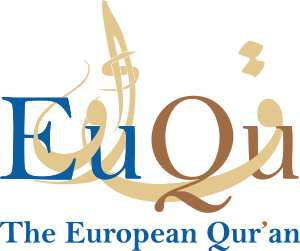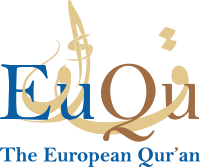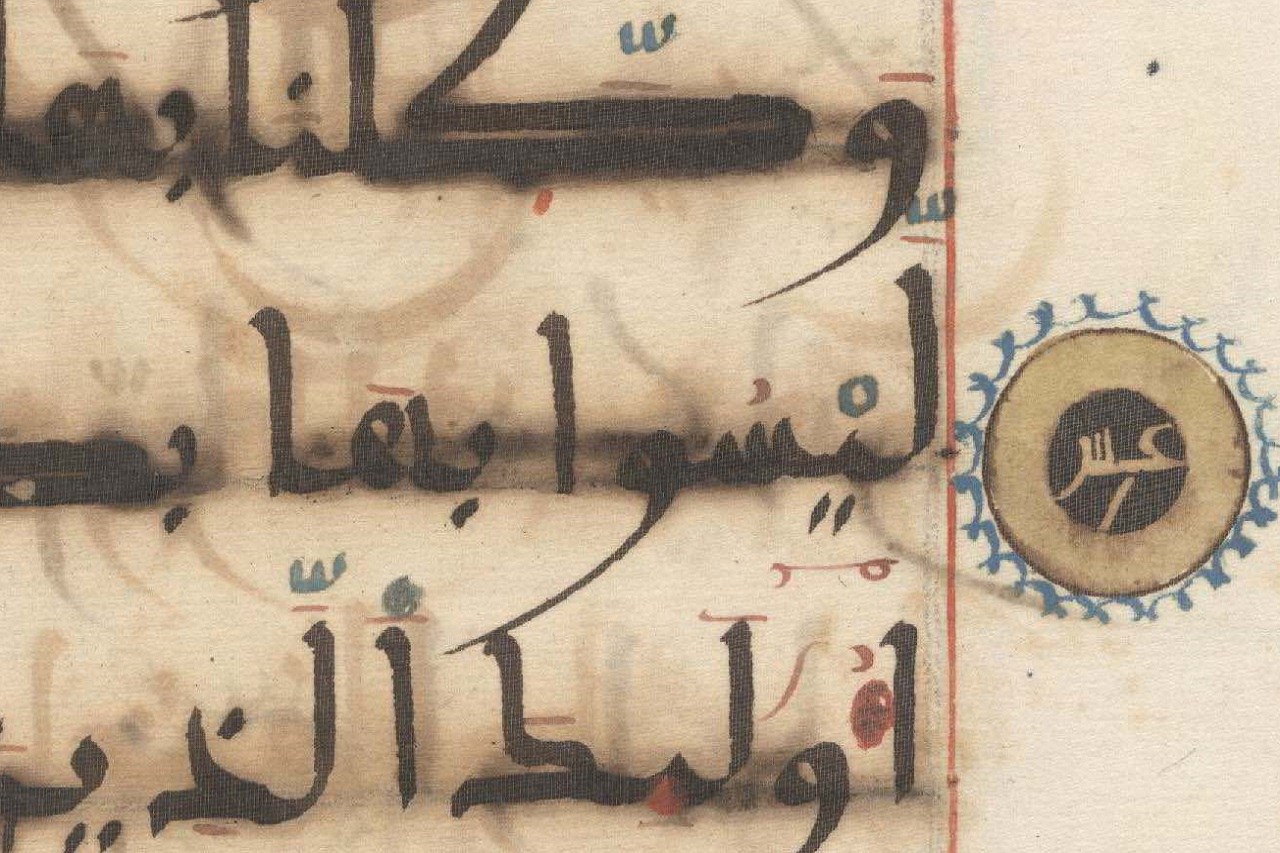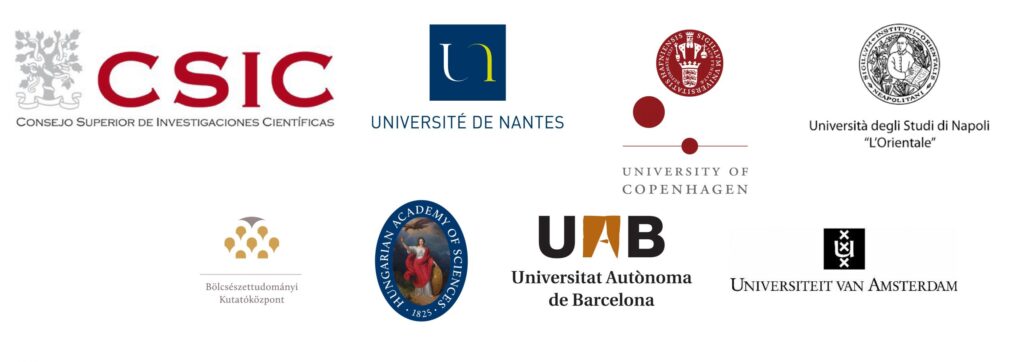Our project is built on the conviction that the Qur’an has played an important role in the formation of medieval and early modern European religious diversity and identity and continues to do so.
 The Qur’an is deeply imbedded in the political and religious thought of Europe and part of the intellectual repertoire of Medieval and Early Modern Europeans of different Christian denominations, of European Jews, freethinkers, atheists and of course European Muslims. We speak of the ‘European Qur’an’ to emphasize the significant role of the Muslim Holy Book in various intellectual and cultural debates that took place in different parts of Europe, from Iberia to Hungary, over the course of the Middle Ages and early modern period (1150-1850).
The Qur’an is deeply imbedded in the political and religious thought of Europe and part of the intellectual repertoire of Medieval and Early Modern Europeans of different Christian denominations, of European Jews, freethinkers, atheists and of course European Muslims. We speak of the ‘European Qur’an’ to emphasize the significant role of the Muslim Holy Book in various intellectual and cultural debates that took place in different parts of Europe, from Iberia to Hungary, over the course of the Middle Ages and early modern period (1150-1850).
EuQu will rewrite the history of the European Qur’an by placing European perceptions of the Holy Book and of Islam into the fractured religious, political, and intellectual landscape of the period from 1150 to 1850. We will explore how the Qur’an played a key role not only in polemical interactions with Islam but also in debates and polemics between Christians of different persuasions and indeed is central to the epistemological reconfigurations that are at the basis of Modernity in Europe. The project studies how the European Qur’an was interpreted, adapted, used and formed in Christian European contexts – often in close interaction with the Islamic world, as well as with the Jewish populations living in both Christian and Islamic regions. Our multidisciplinary team of researchers studies various aspects of this European phenomenon, paying particular attention to:
- the Qur’ans which Europeans brought, collected and copied;
- the Qur’ans they translated and printed in Arabic and in translation, often using Muslim exegesis (tafsir) and Arabic grammars and dictionaries; and,
- the Qur’ans which Muslim minorities living in European Christian lands copied, interpreted, translated into local vernaculars, often in Arabic script (aljamía)
To present a comprehensive historical assessment of the European Quran EuQu will:
- document the circulation and dissemination of Arabic Qur’ans and translations of the Qur’an (in manuscript and in printed editions);
- assess the ways in which the Qur’an was exploited in religious, political, scholarly and cultural discourse in medieval and early modern Europe; and,
- engage in knowledge-transfer, communication and public engagement through seminars, workshops and conferences, digital material on our website, exhibitions at major European cultural institutions and events that bring together Muslim and non-Muslim citizens and residents to discuss and reflect upon the European Qur’an.
EuQu seeks to challenge both traditional perceptions of the Qur’anic text and well-established ideas about European religious and cultural identities. At the same time our project will address pressing and current issues in Europe and promises to open new perspectives on our multi-religious societies.
